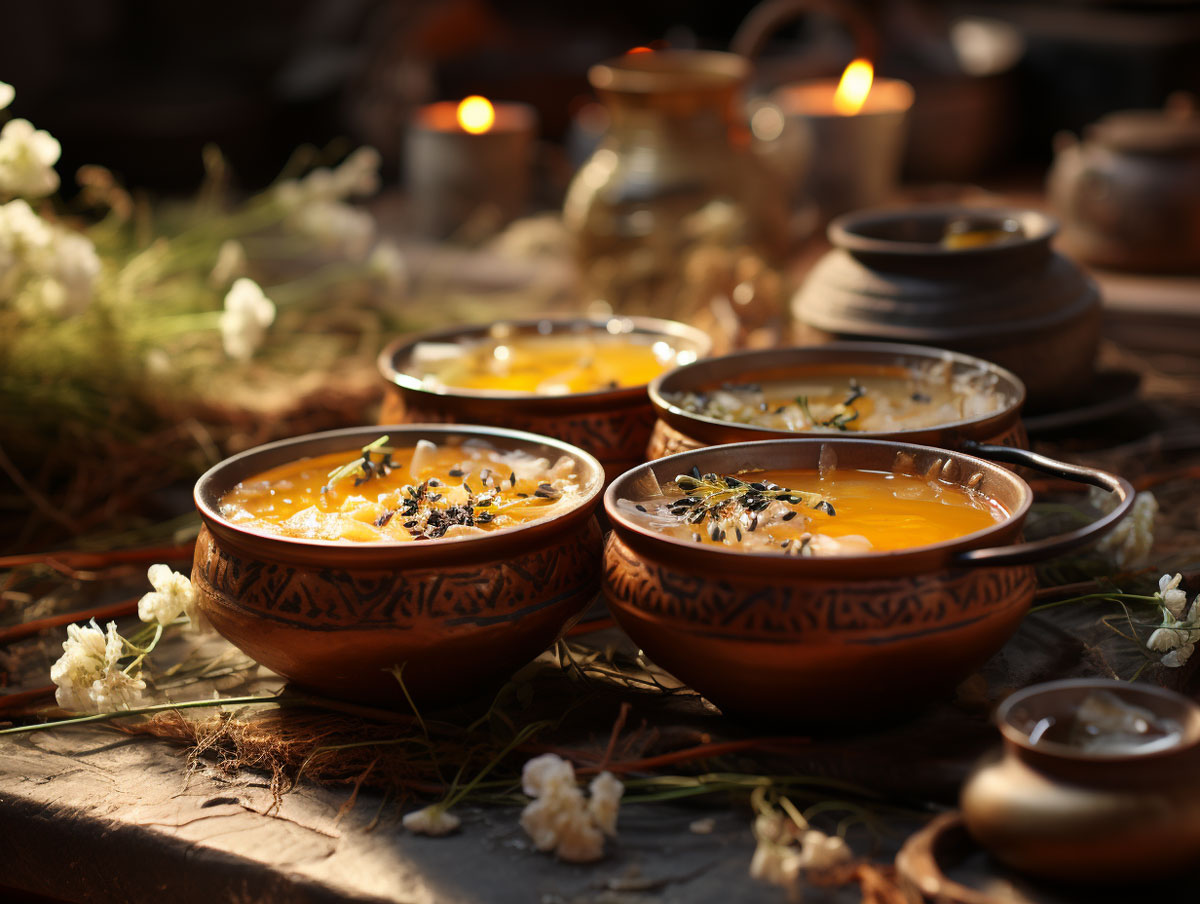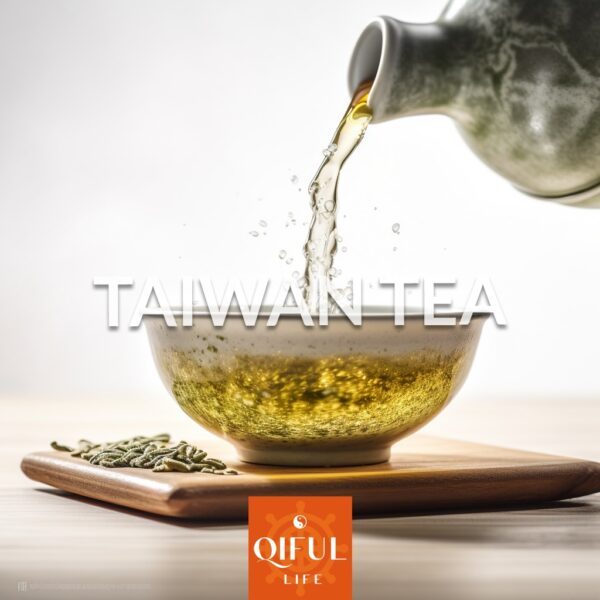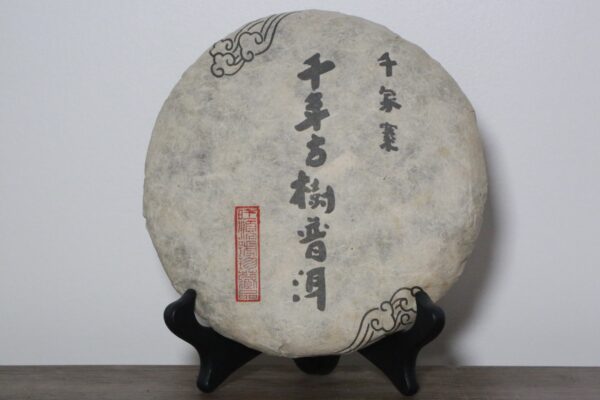
What is Tibetan Butter Tea?
Tibetan Butter Tea, or Suyou Cha, mixes Chinese dark tea with yak butter. It usually has Himalayan salt and sometimes sugar. People drink it year-round from a cup or bowl. The tea has a unique flavor and is crucial in Tibetan culture.
Taste of Tibetan Butter Tea
Suyou Cha tastes sweet and salty. This may be unusual for some. It has a strong, creamy flavor from the butter. Its aroma might seem strong at first but becomes familiar. To mimic the flavor, melt regular butter in hot black tea. Add salt or sugar to taste.
Benefits of Tibetan Butter Tea
Suyou Cha replenishes energy and helps with altitude sickness. It suits those who eat beef and mutton often. Like milk tea, it boosts immunity and supports metabolism. It helps in high altitudes by providing calories and nourishment. Suyou Cha may aid digestion and balance acids. It’s useful where fresh produce is scarce.
Tibetan Butter Tea is vital in Tibetan culture. It supports health in high-altitude conditions. Its taste might be unusual, but its benefits make it a valued tradition.






